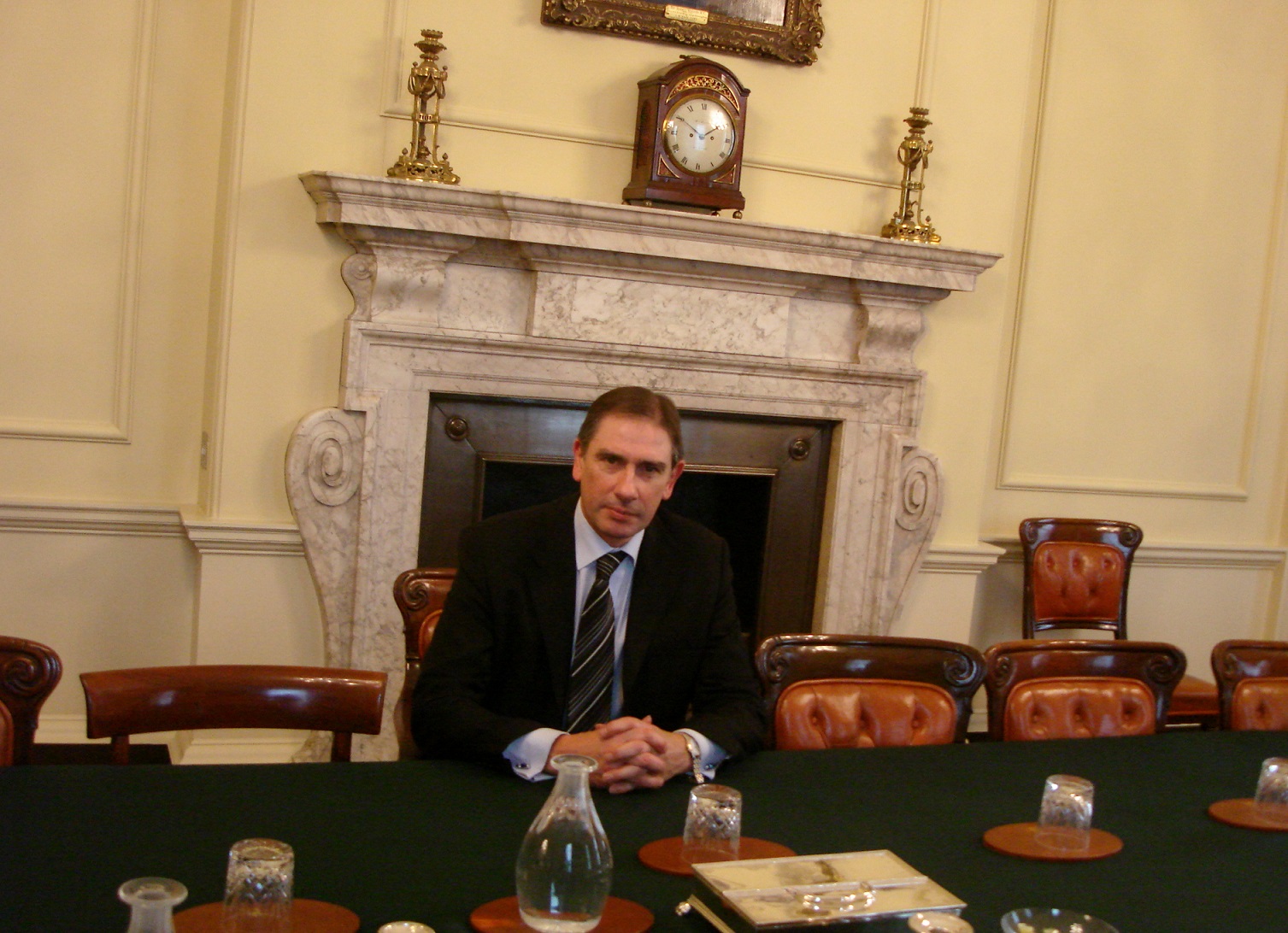Don’t deny facts – use them instead
If I was sat in the Prime Minister’s chair (I was, briefly), I’d start with the facts to help me with making decisions, and so, policy. There’s been a regrettable trend around some parts of the world to dispense with and even disparage facts that don’t suit the (particularly for populists) message.
Whatever your stance on leave or remain, it’s a fact, like night follows day, that if you put up barriers that which you did easily before will be harder afterwards. Brexit inevitably meant barriers to trade with our largest and easiest market, as a fact, and reduced trade. GDP was, despite all the denials, bound to fall and, as a fact, it has by some £100 billion per annum. That, in turn, voluntarily threw away some £35 billion in taxes that would have been provided for the nation each year and which are now going to be met by increased taxes on citizens and businesses that are likely to depress GDP further. Yet, despite the facts (and OBR confirmation of those facts), there is government denial that Brexit has made us poorer, with Covid and the war in Ukraine the only culprits, instead. This is not governance with the promised “Integrity”: it is deceitful.
Now, the government’s messages are the need for two things: a) stable finances; and b) growth. Growth could be created by looking at and implementing easier trade, with fewer barriers. However, there are two obstacles in the way: firstly, hardline Brexiter MPs who would see “Betrayal”; and, secondly, denial that Brexit has created any growth problem. The former can be dealt with by a cogent argument, well communicated, but the latter is really difficult to solve as it’s not admitted there’s a problem. Labour, for its part is keeping quiet, almost unable to mention the word Brexit. This is tricky as it’s a fact that there’s a problem but the government denies it, while other politicians just keep their heads down for political reasons.
Would an even adequately run business behave the same way? Can you imagine it introduces a raft of additional procedures and costs, sales drop 15% but the board then denies the drop in sales has anything to do with the additional procedures and costs? Of course not: it wouldn’t have done anything so daft in the first place but, moreover, if it had it would recognise the problem and fix it. For business, of course, commercial decisions tend to be logical and not saddled with the sometimes-toxic emotion that accompanies politics. “Freedom”, “Foreigners” (taking our jobs), “Betrayal” “Take back control”, “EU bureaucrats” etc. are not terms influencing decisions in most board rooms in the UK.
You can’t argue that the principle of a referendum on a major constitutional point in the direction of a country is unfair. It has consequences, of course, if there is a change of direction, as there was in the UK. The argument might logically be “The British people voted to be poorer [by voting for Brexit], and we have an obligation to deliver that…”. Except, of course, leave voters did not vote to be poorer because they were told [against all logic] that they would be better off, not worse off. Logic inevitably came about and we are, in fact, poorer.
There appears to be universal agreement across the political spectrum that “growth” would be good for the citizens of this country and fund some of its badly needed services and infrastructure. Surely, now is the time to allow facts a place at the table. Facts about trade will illustrate the individual issues and overall problem that needs to be addressed but there then needs to be acceptance of those facts, not delusion. It seems already likely (given findings of recent surveys of significantly changed public attitudes after the actual {not promised} results of our hard Brexit are becoming clear) that some practical measures to ease trade barriers to boost growth would not have the damaging political effect the parties apparently fear.
Come on, our political representatives! What are you afraid of? Let’s have practical solutions, not dogma or denial. I challenge you to present us with the facts about trade barriers and your practical solutions. The public and business will let you know their views – and you might be pleasantly surprised.
Written by John Boydell


